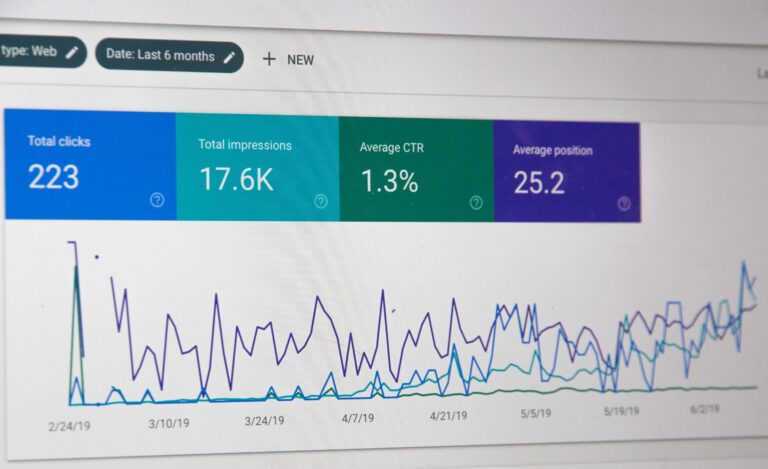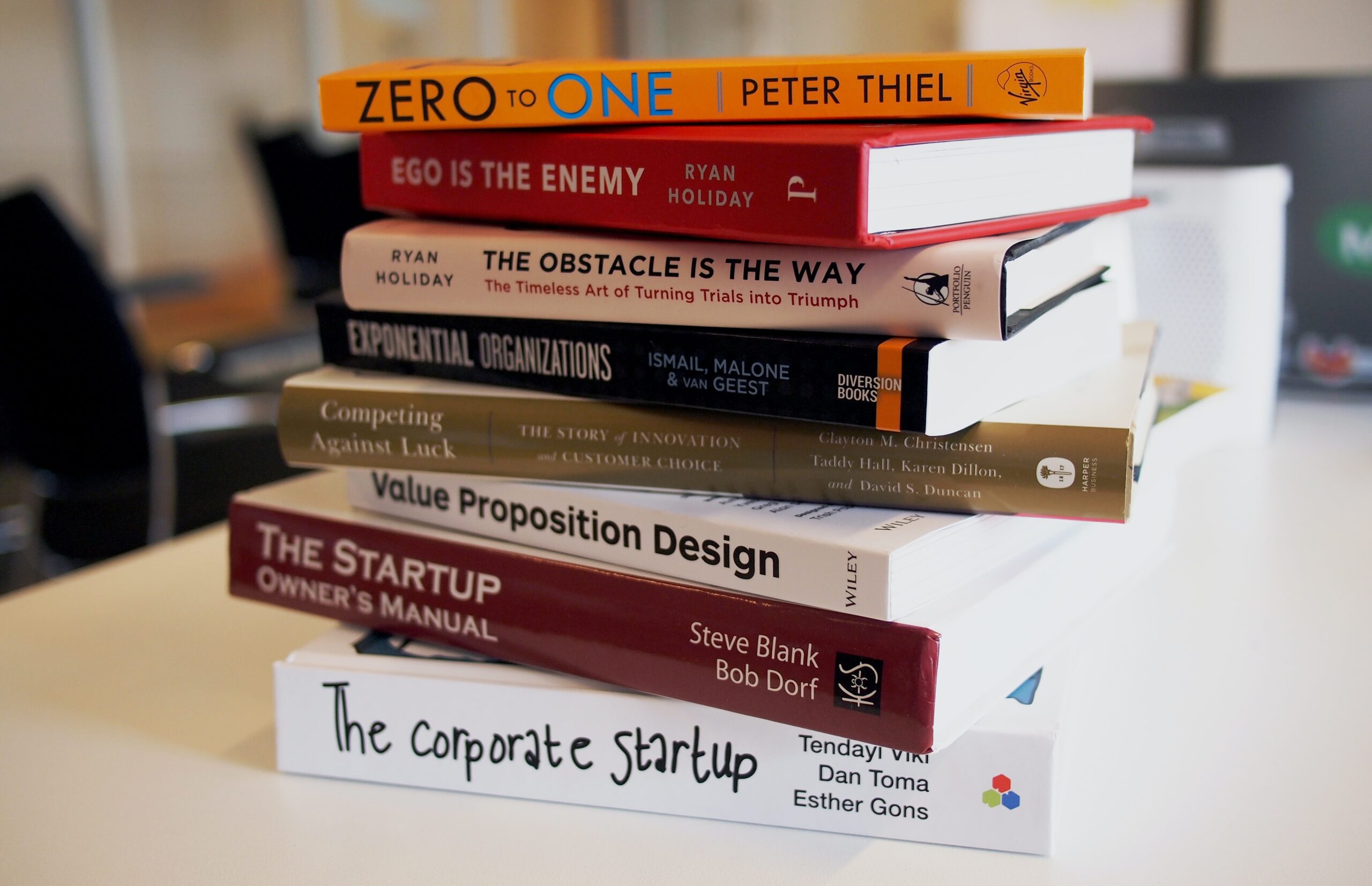Currently, we have been bubbling, whining and calling for a change to mitigate, the impacts of Climate change that infringed and affected a lot of economies and agri-business in multiple countries across the globe, the question still remains why is all this happening?
According to research, the answer to this question is what humans are offering to the environment, the activities are a major cause which is above 95% as statistics states, Governments, states, Organisations, companies, stakeholders and all groups of people have joined hands not just to mitigate but to adapt as the universe is still embroiled with what we have caused.
Apparently, the business industry is major economic development for many nations, and the impacts and consequences that climate change has brought remain immense challenges and limitations, it’s now a time of the past to remain idle as business, raw products and other natural resources get depleted and extinct. As entrepreneurs, when problems become visible, there is a need to overcome them and came out of the ashes.
Referring to Sustainable development goal number 13, Nations have to put an effort into adapting to climate change with multiple impressions.
Across Africa, individuals and entrepreneurs have ventured and invested in Eco-friendly business operations. Operating sustainably, causing minimal environmental damage and using renewable resources where possible are necessary for the sustainability of the environment so that the benefits and profits remain the same.
Countries such as Burkina Faso, Ghana, Kenya, Mauritius, South Africa, and Uganda have developed national Sustainable Consumption and Production programmes and national green economy strategies and others are still coming up with measures and strategies to venture in the ecofriendly business industry to promote a green world.
There are examples of multiple eco-entrepreneurs, such as Lorna Rutto in Kenya, and Thato Kgatlhanye in South Africa, just to state a few using the reuse, recycle and refuse principles. The business comprises all equal genders and individuals, it does not require a pile of income to start these sustainable businesses.
Looking gains and profits are remarkable and notable, these include;
- Environmental conservation
- Health and wellbeing
- Job creation
- Sustainable economic growth
- Resilience
- Access to markets
- Innovation
- Cost savings
Several African countries had implemented policies to promote eco-friendly business and sustainable practices. These policies included incentives for renewable energy adaptation, waste management regulations, and support for green technology innovation.
However specific policies can vary widely from one country to another.
Malawi as it is devoting, has also taken some strategies in venturing the eco-friendly business as it ranks among the world’s most vulnerable country to climate change. Looking at Malawi Vision 2063, Development programmes based on minimizing the depletion of natural resources can be sustained without causing further harm to the environment.
Through awareness and promoting skills learnt in cooperatives, colleges and other educational institutions that enhance a sustainable environment and reduce the causes by the help of funds from the Government and non-governmental organisations.
The loss and damage caused by climate change are recognisable, and there is a need to adapt new ways and continue to sustain, raising the economy of every nation across the continent in the use of renewable resources and maintaining the environment as we stimulate our enterprises What is needed is action and adaptation.






